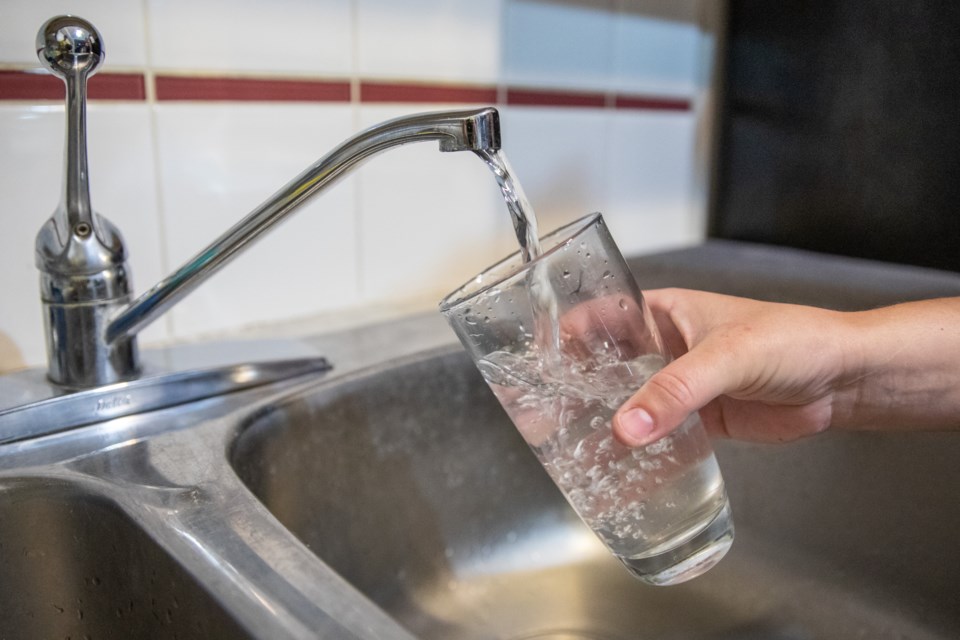The Town of Hinton is finalizing details on plans to increase utility rates and move to a metered model for charging users.
On Tuesday (Nov. 26), committee of the whole reached consensus to direct administration to bring forward the utility bylaws to council for first reading at a future meeting.
“With these bylaws, we have taken into account a number of the previous directions and incorporated them in there,” said Trent McLaughlin, director of development and infrastructure services.
The increased utility rates are meant to cover increasing water and sewer costs, due mainly to aging infrastructure, and fund a new water treatment plant as those services are slowly transferred from the pulp mill to the town.
The Town will also install residential water meters and replace the meters for commercial and industrial properties.
The new rates combine flat rates with charges based on measured water consumption. There will also be only one bulk water rate rather than commercial, industrial, and homeowner rates.
“Overall, it should still work out well for the homeowners in that we’re also recommending that we get rid of the flat rates so that people will only pay for the water they take,” McLaughlin said. “The price per cube is higher, but when you factor in not having to pay the flat rate, it should actually work out for them.”
While the rates are eventually expected to double to around $150 per month for a residence, council previously decided to ease into the new rates.
Residences would initially be charged a flat rate of $65 per month for water and $22.50 per month for sewer during the first half of 2025 before moving into metered billing, which would begin July 1 for multi-residential buildings and March 1, 2026, for single-family residential.
Coun. Ryan Maguhn asked whether $3.25 per cubic metre was comparable to other communities, noting it was over double Calgary’s rate of $1.46 per cubic meter in 2024.
McLaughlin replied there was a wide range throughout Alberta when it came to the cost of water, and they should look at similar-sized towns.
“As you get into the bigger cities, your costs will be lower … because you’re supplying a larger volume,” he said. “I can tell you the community I came from was close to $7 a cube, and after 20 cubes, your rate doubles.”
Changes to the bylaws will include provisions for installing meters at mobile homes within mobile home parks. Tenants will be able to get a second copy of utility bills, enabling them to pay for water services directly while the landowner retains responsibility for the overall payment.
As for the 185 bleeders registered with the Town, administration suggested reinstalling them before installing meters. This would allow these users not to be charged for the bleeders.
“The reason for that is if the bleeder is there to protect town infrastructure, it makes sense not to charge people for it,” McLaughlin said.
He added it would be too difficult to determine if these bleeders were installed to only protect private infrastructure, but any new ones would be investigated to see if they protect town infrastructure.
Administration has also added the ability for water restrictions during the maintenance of the water treatment plant and rules surrounding the new meters.
Coun. Trevor Haas noted the Town had already undertaken public consultations, and bringing the draft bylaws forward for first reading would give residents an opportunity to look at them and provide feedback.




